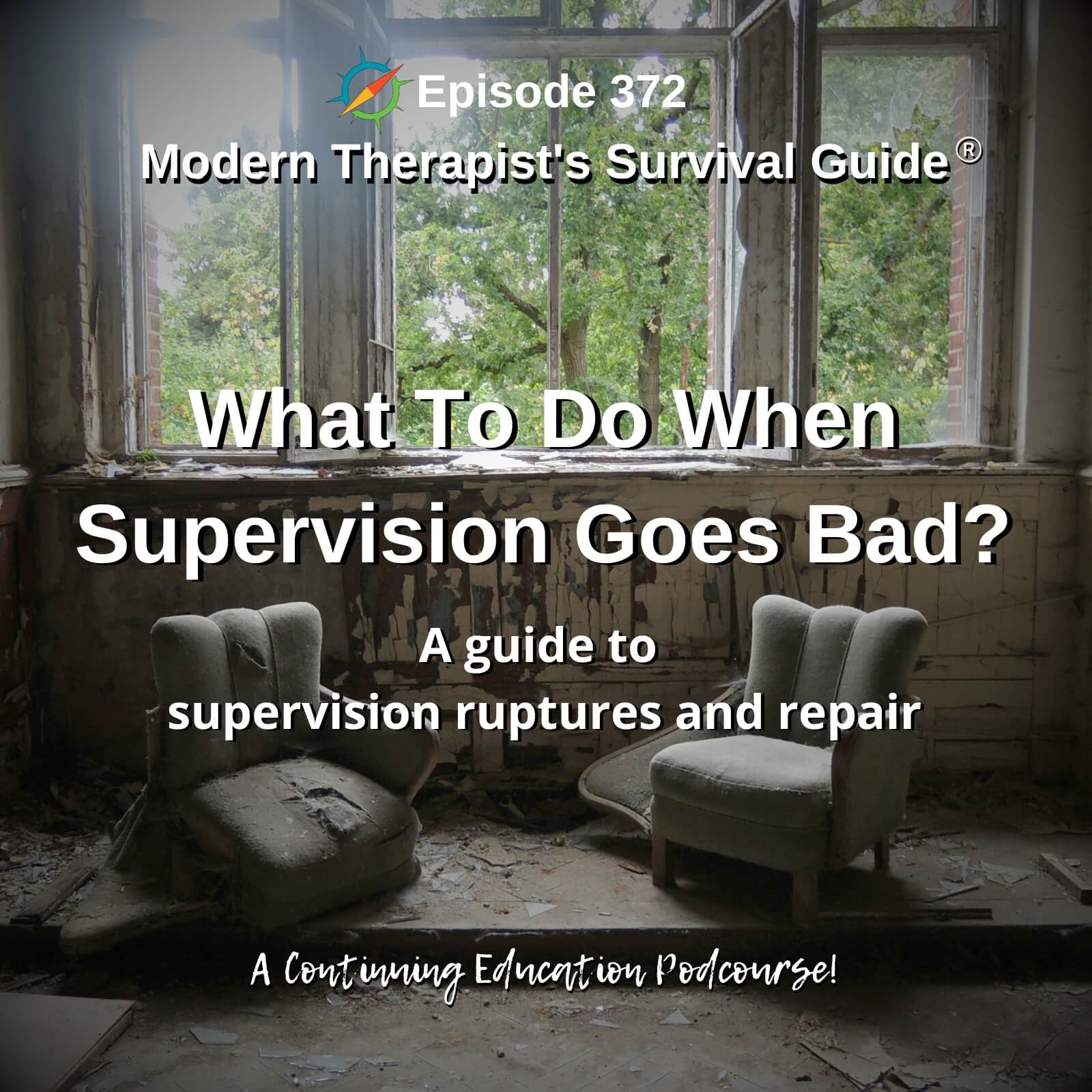Clinical supervision has the potential for errors and requires management from the supervisor to acknowledge, deal with, and repair from mistakes that could rupture the supervisory alliance. This workshop helps to identify the types of ruptures that can occur and offers a strategy on how to deal with them so that they are no longer a problem.
Learning objectives: Participants in this course will be able to:
- Identify two types of supervision ruptures.
- Differentiate an additional factor that can arise during group supervision
- Utilize a strategy for supervisors to overcome supervisory ruptures
![]()
Our Presenters
Curt Widhalm, LMFT
Curt Widhalm is in private practice in the Los Angeles area. He is a member of the California Association of Marriage and Family Therapists (CAMFT) ethics committee, an Adjunct Professor at Pepperdine University, lecturer in Counseling Laws and Ethics at California State University Northridge, a former Law & Ethics Subject Matter Expert for the California Board of Behavioral Sciences, and former CFO of CAMFT. Learn more at: www.curtwidhalm.com
Katie Vernoy, LMFT
Katie Vernoy is a Licensed Marriage and Family Therapist, with a Master’s degree in Clinical Psychology from California State University, Fullerton and a Bachelor’s Degree in Psychology and Theater from Occidental College in Los Angeles, California. Katie’s experience spans many leadership and management roles in the mental health field since getting her license in 2005: program coordinator, director, clinical supervisor, hiring manager, recruiter, and former President of the California Association of Marriage and Family Therapists. Learn more at: www.katievernoy.com
___________________________________________________________________________________________________________________________________________________________________________







